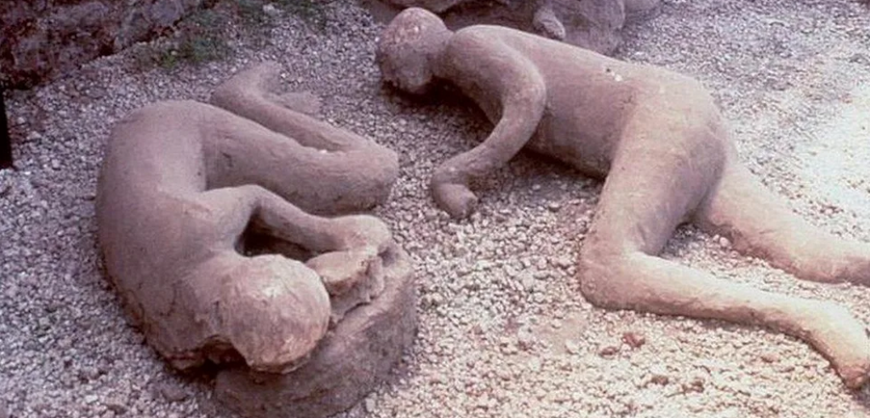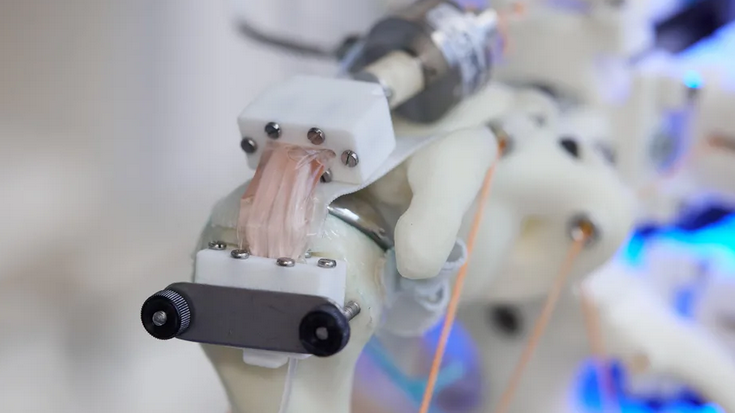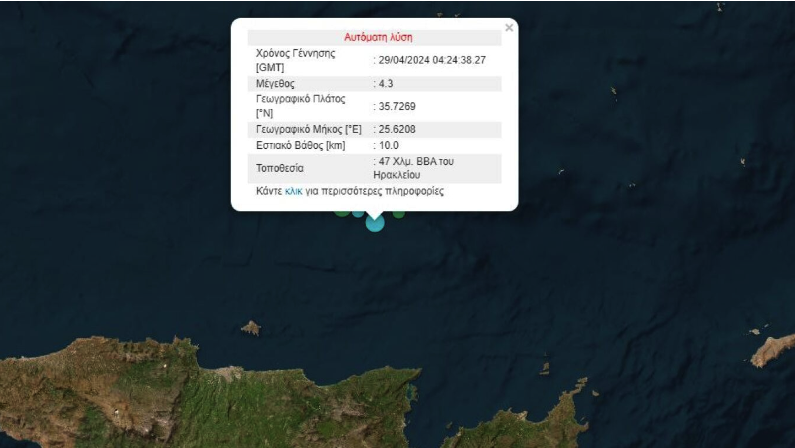Researchers studying human remains from Pompeii have extracted genetic secrets from the bones of a man and a woman who were buried when the Roman city was engulfed in volcanic ash.
This first “Pompeian human genome” is an almost complete set of “genetic instructions” from the victims, encoded in DNA extracted from their bones.
Ancient DNA was preserved in bodies that were encased in time-hardened ash.
The findings are published in the journal Scientific Reports.
“We may take the Aegean islands”, says Turkish journalist
The two people were first discovered in 1933, in what Pompeii archaeologists have called Casa del Fabbro, or The Craftsman’s House.
They were slumped in the corner of the dining room, almost as though they were having lunch when the eruption occurred – on 24 August 79AD. One recent study suggested that the huge cloud of ash from the eruption of Mount Vesuvius could have become lethal for the city’s residents in less than 20 minutes.
Read more: BBC






































